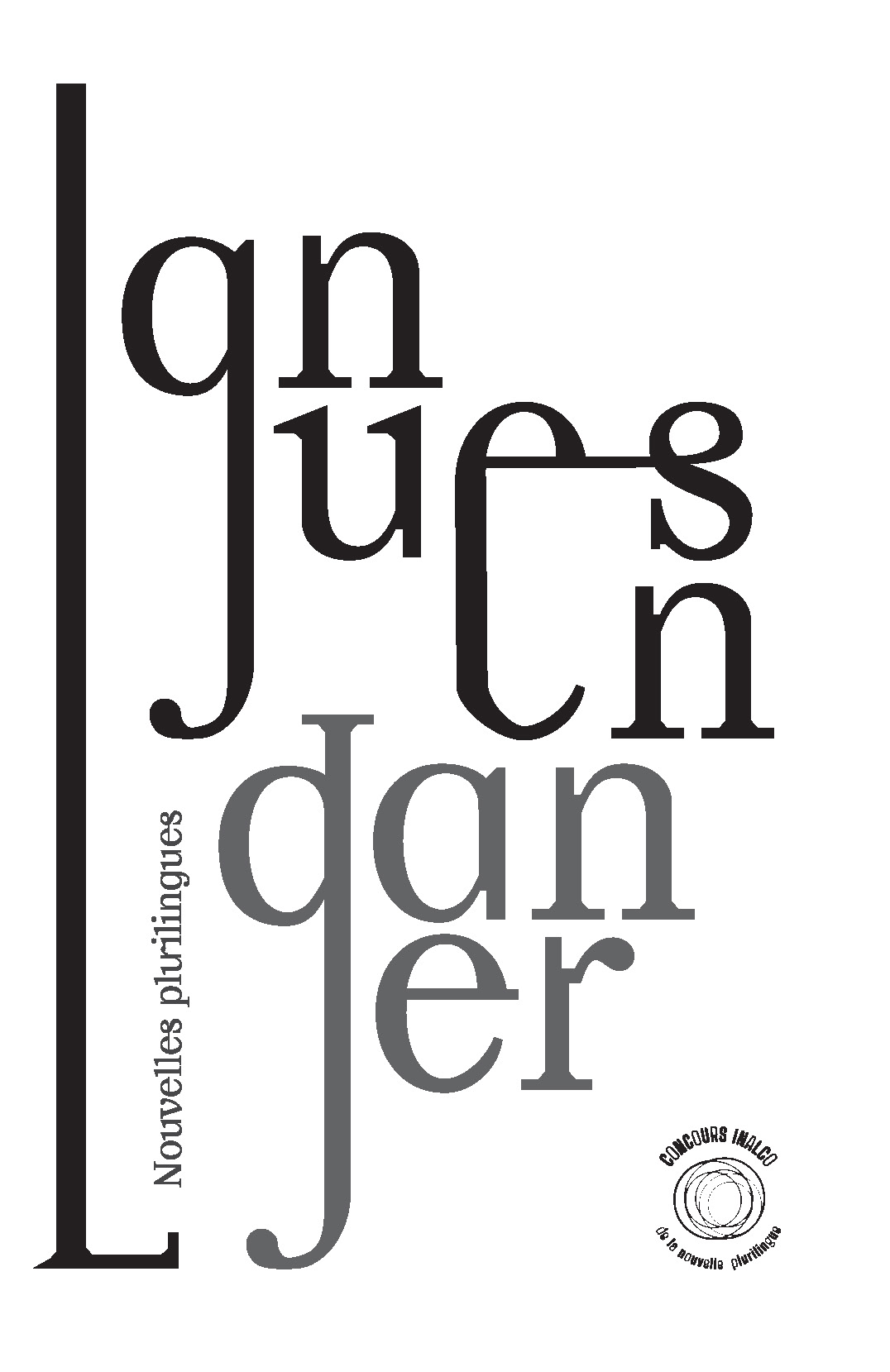Research is at the center of a research unit and is highlighted thanks to the actions of valorization of research. These actions make it possible to increase the value of research and development within a framework of scientific innovation.
This is the case of the research unit, which has launched an innovative project by creating a board game on linguistic diversity and a "DYS kit".
Come and discover the creativity of DDL!
« Aminti » - Laurène Barbier
[kosmopoli:t]
The game, description and history
|
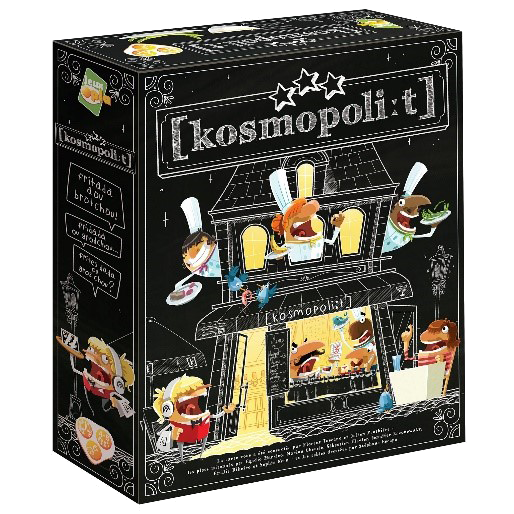
Members of the DDL research unit (Marion Cheucle, Sébastien Flavier, Sophie Kern, Jennifer Krzonowski and Egidio Marsico as project manager) developed the board game [kosmopoliːt] in collaboration with OPLA Games, Florent Toscano (game author and manager of Jeux Opla), Julien Prothière (game author), Stéphane Escapa (illustrator) and Emilie Ribeiro from SATT PULSALYS.
It is a collaborative board game recreating the atmosphere of restaurant specialized in world cuisine where customers place orders in different languages. The concept aims to make people discover the linguistic diversity and to fight againt received ideas about languages and language in a playful and indirect way. In [kosmopoliːt], players embody the staff of a very international restaurant: you can order 360 dishes in 60 languages. The waitress is receiving the orders through the game's support application and has to transmit them to the cooks via a Maître d’Hôtel. The waitress, the Maître d’Hôtel and the six cooks (one per continent, plus France) aim to serve as many customers as possible in a limited time of six minutes..
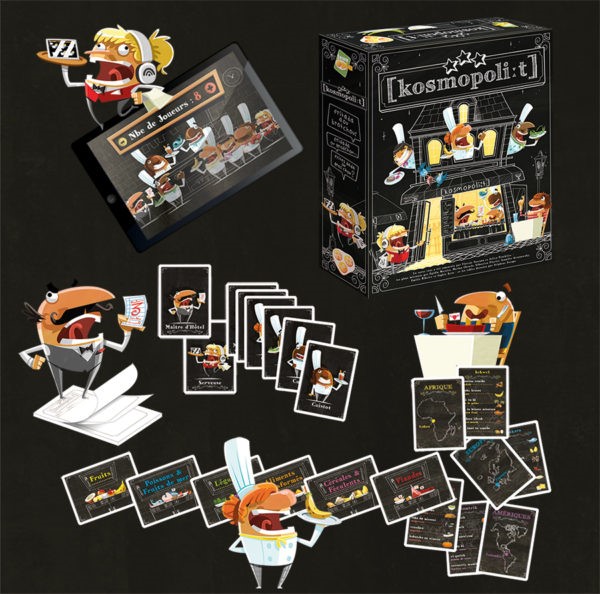
You can see a description of the game produced by the authors here
A large data base was compiled for the production of sound material, followed by no less important transliteration work. Indeed, the names of dishes were elicited and recorded with native speakers of the different languages of the game before being transcribed into French spelling. The game is accompanied by a scientific booklet of 60 illustrated pages, offering an introduction to the sciences of language and presenting a sample of the multitude of languages spoken on the five continents (location, estimated number of speakers, etc.), as well as shedding light on the assumptions and stereotypes associated with linguistic diversity.
A film on the creation of the game, produced in collaboration with the Animated and Audiovisual Image Department of MSH Lyon, is available here
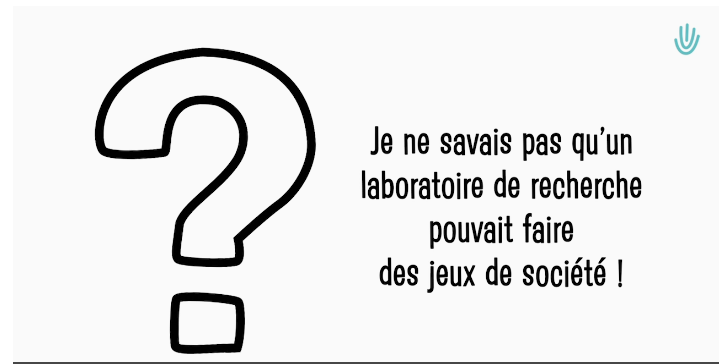
The game's official launch party took place on January 8, 2020 at 6:30 p.m. at the Grand Amphithéâtre of Lyon 2 University and was organized by the Dynamique Du Langage (DDL) research unit.
On this occasion, the representatives of our institutions gave talks about the game: Frédéric Faure, Regional Delegate of the Rhône Auvergne delegation of the CNRS and Nathalie Dompnier, President of the University Lyon 2; as well as Sophie Jullian, President of Pulsalys, Antoine Guillaume, Director of the DDL research unit, Egidio Marsico, DDL project leader, Émilie Ribeiro, Pulsalys project manager and Florent Toscano, Opla Games manager.
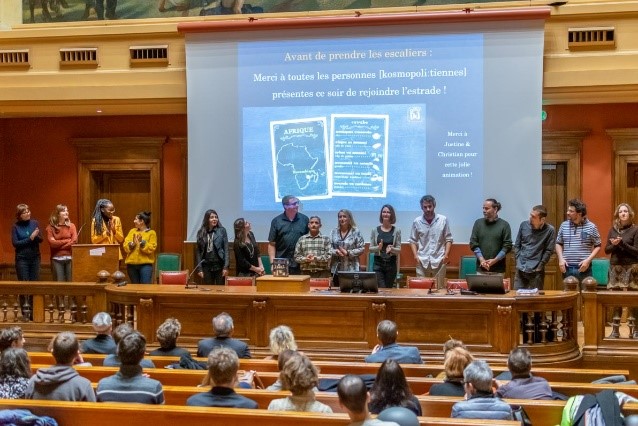
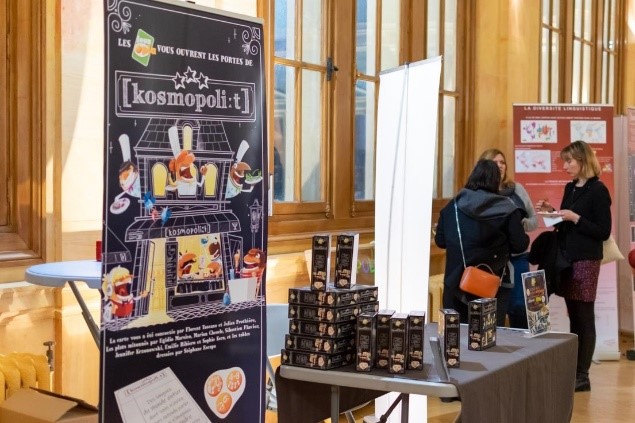
The development of the game was funded by SATT Pulsalys, LabEx Aslan and DDL. The transfer was made to OPLA games and the game was released in stores on January 11, 2020. The game experienced its first "crowd bath" during the International Games Festival, from February 20 to 23, 2020, at the Palais des Festivals at Cannes. The [kosmopoli:t] booth attracted around 3000 passionate gamers over the 4 days. The game also received a Golden Cocktail and finished 1st at the Buzzometer of the 110,000 Festival visitors.
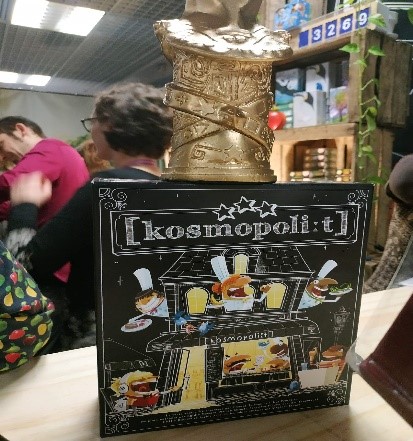
Since then, over 60,000 boxes have been sold (November 2022). The German adaptation of the game was released in summer 2022 and a Japanese adaptation is in progress
A triple extension to the French version is available since November 2022. This extension allows you to discover new languages, drinks and is adapted to young players aged 7 and over. The extension also contains a more complete scientific booklet.
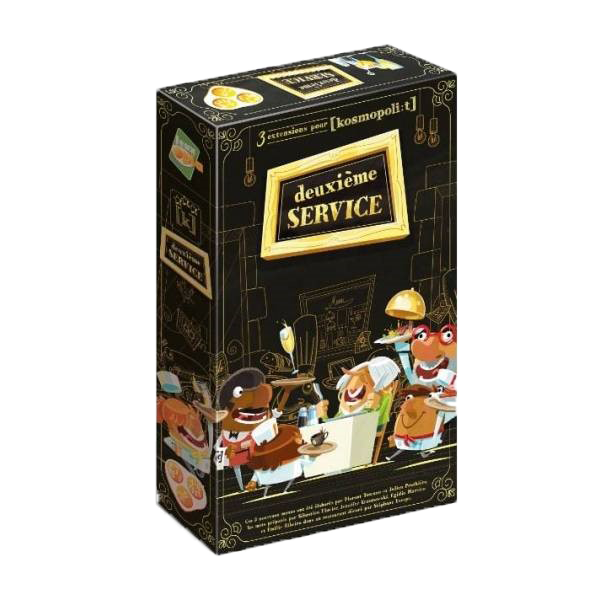
In addition to its commercial success, the game is used regularly for research valorization. It has been the support for around twenty scientific mediation actions carried out by the research unit, in particular workshops highlighting linguistic diversity within schools.
Examples of projects carried out with colleges are documented in these films:
But [kosmopoliːt] is also used independently by associations, teachers. In particular, it is part of the “Peace Games” catalog created by the international consortium “Laboratory for Education Inspiring Peace” (ERASMUS + project).
|
|








